Last article: Opening the way for exporting fresh coconuts
In the context of organic agricultural products having wide export opportunities, the Vietnamese Coconut Agricultural Service Cooperative 78 pioneered in peeling clean coconuts, attaching QR codes, building brands, and opening the way for exporting local agricultural products.
Affirming your own brand
Among the rows of green coconut trees in the sunny and windy land of Tay Ninh , Mr. Nguyen Van Tien - Director of the Viet 78 Coconut Agricultural Service Cooperative (Viet 78 Coconut Cooperative), is writing a new story for his hometown's agricultural products. Not only stopping at selling fresh coconuts, the Cooperative has created the brand "Tay Ninh Peeled Coconut", pioneering the QR code for each fruit, opening the journey to bring local coconuts to the big market.
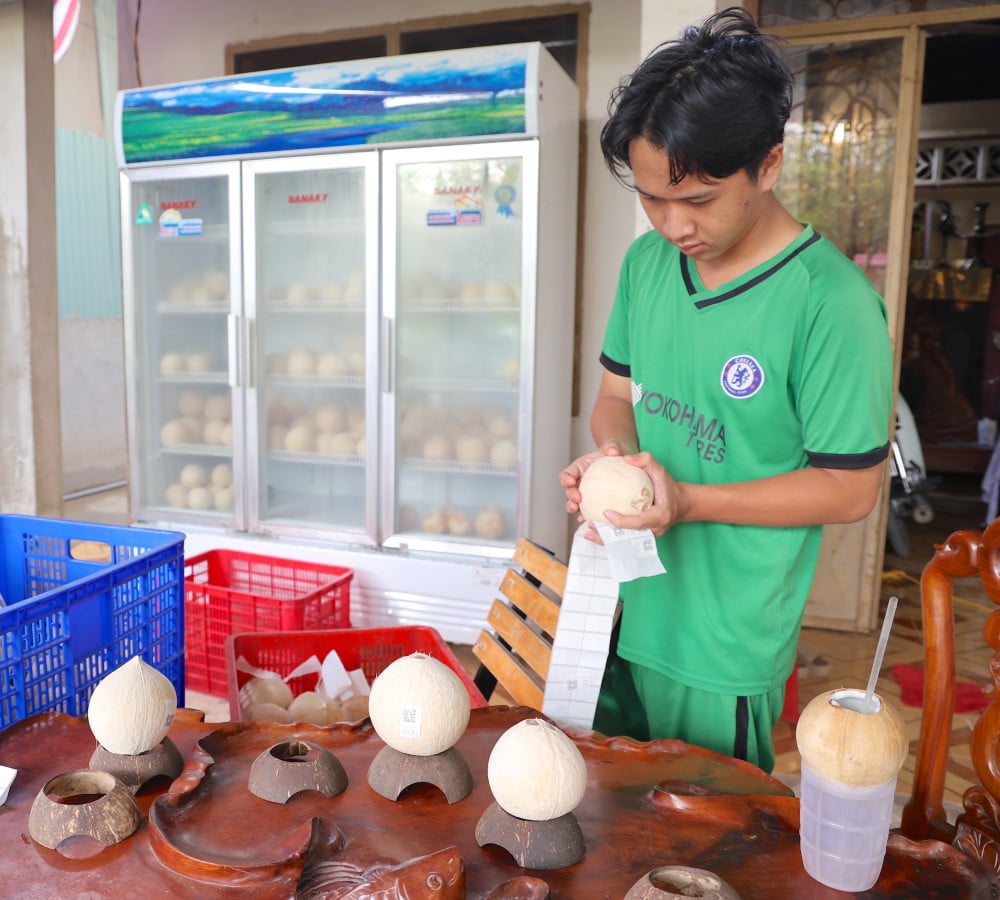
Fresh coconut with QR code
Holding a freshly peeled coconut in his hand, Mr. Tien shared: “Not only is it a refreshing fruit, fresh organic coconut has value for health and spirit. Today’s consumers prefer natural things, so I want each coconut to be pure and safe.”
At Viet Coconut Cooperative 78, coconuts are grown in a completely natural environment, absolutely without the use of chemical fertilizers or synthetic pesticides. Thanks to that, the product retains its sweet taste, characteristic aroma and high safety. However, there is still a paradox: Tay Ninh coconuts are just as delicious as Western coconuts, even sweeter, but to be consumed, they still have to be "upstream" to Dong Thap and Vinh Long. This is what prompted Mr. Tien to boldly invest in a local processing facility, so that Tay Ninh coconuts can enter the market with their own brand.
The market favors white, bright peeled coconuts. However, instead of using strong cleaning chemicals like many other places, the cooperative has chosen a different method: natural whitening with lemon juice. This is an experience from our ancestors, both disinfecting and preserving freshness.
“Lemons in the West are available all year round, with abundant yield and reasonable prices. We buy them and process them into distilled water for storage. When pre-processing, the coconuts are immediately soaked in lemon solution, which both prevents bacteria and mold and helps the fruit retain its natural white color,” said Mr. Tien. This method sounds simple, but it is not easy to do. At first, many agents refused because the product was not as white as the chemically treated product, but the cooperative was steadfast in its motto of “clean from the heart.” “People who are used to drinking bleached products will find it strange, but once they try it, they will feel the true aroma of coconut,” said Mr. Tien.
In particular, if in the past, Tay Ninh coconuts after harvest were only transported to the market to be sold in the style of "buyers buy if they trust", now each coconut of Viet Coconut Cooperative 78 carries a special "identity" - QR code. Mr. Tien calls it a turning point in the journey of building a brand.
With just one scan of the phone, customers can know the origin of the coconut, which garden it was grown in, and how it was cared for according to organic or VietGAP processes. “I want consumers to be able to drink Tay Ninh coconut and know who this product comes from,” Mr. Tien affirmed.
Consumers can scan QR codes to learn the origin of each coconut.
Not only does it bring transparency, the QR code also helps the cooperative build trust with the market, elevating coconuts from a common agricultural product to a product with a clear brand, which can go further to supermarkets, convenience store chains, and even export. For farmers, this is no longer a story of "selling coconuts" but a story of branding, building long-term value for the entire Tay Ninh raw material area.
Sharing about his future plans, Mr. Tien is planning to build a processing factory in Tay Ninh with a total investment of 5 billion VND. Currently, the Cooperative is accessing the Government's Resolution No. 58 policy on the program to support the development of collective economy and cooperatives to invest in infrastructure and equipment for processing. The People's Committee of Tay Ninh province has also recognized the project.
“Hopefully the project is approved, I will be able to find a market and create jobs for the people. I believe that in just a few years, Tay Ninh fresh coconuts will be on par with the Western provinces because people will be bold in investing when they know there is a local purchasing facility,” said Mr. Tien.
Expanding export routes
Fresh coconut is a familiar tropical fruit, sought after in the global market thanks to its nutritional value and high applicability. In the context of the increasingly expanding organic agricultural market, especially in developed countries where consumers have high income and health awareness, Vietnamese organic fresh coconut has continuously recorded strong growth in consumption. In just the past 3 years, import demand has increased by an average of 15-20%/year, opening up many opportunities for the coconut industry.
However, opportunities always go hand in hand with challenges. In fact, the massive export of fresh coconuts to the Chinese market has caused many domestic processing enterprises to fall into a shortage of raw materials, even operating at a standstill. International competition is also increasingly fierce, especially with Thailand, a country ahead of Vietnam in terms of production costs and processing technology.
Besides, the domestic coconut industry value chain still has many shortcomings, especially in deep processing and product diversification, which limits the ability to increase value and competitiveness.
Mr. Nguyen Van Tien - Director of the 78 Vietnamese Coconut Agricultural Service Cooperative, peeling coconut shells
Dr. Tran Minh Hai - Vice Principal of the School of Public Policy and Rural Development, said that the key to improving the export capacity of fruits in general, including coconuts, is the cooperative model. "Enterprises should link up through cooperatives to manage growing area codes, organize raw material areas and control output. Cooperatives are not only technical hubs but also strategic partners in logistics and product quality" - Dr. Tran Minh Hai emphasized.
According to Dr. Tran Minh Hai, a new trend is emerging as large-scale coconut growing areas gradually shift to the Southeast and Central Highlands, instead of just concentrating in Dong Thap or Vinh Long. Many growing areas here have an area of 30-50 hectares, have been granted growing area codes, and are qualified to provide stable supply for export. However, he also noted the fundamental difference between drinking coconuts and oil-producing coconuts. If the wrong variety is chosen or harvested at the wrong time, coconut water can be spoiled during international transportation, causing great risks for businesses.
Along with the export orientation, Dr. Tran Minh Hai also introduced a creative agricultural product consumption model in the country: organizing trucks to transport grade 2 fruits from raw material areas to sell directly at apartment buildings in Ho Chi Minh City. Each truck carries about 3 tons of coconuts and other fruits, usually sold out in just 1-2 hours. This method not only helps to release inventory, reduce pressure on farmers but also opens up an effective trade promotion channel, which can be combined with e-commerce when supported with packaging and designs by the local Department of Industry and Trade.
It can be seen that the export of fresh coconuts from Vietnam is facing great opportunities, but to expand the path to the global market, the coconut industry needs to soon complete the value chain, and more closely connect businesses - cooperatives - farmers. Only then will Vietnamese coconuts truly have a solid and lasting position on the international "banquet table"./.
| Among the rows of green coconut trees in the sunny and windy land of Tay Ninh, Mr. Nguyen Van Tien - Director of the 78 Viet Coconut Agricultural Service Cooperative, is writing a new story for his hometown's agricultural products. Not only stopping at selling fresh coconuts, the Cooperative has created the brand "Tay Ninh Peeled Coconut", pioneering the QR code for each fruit, opening the journey to bring local coconuts to the big market. |
Hoang Yen - Tran Trung - Tran Phi
Source: https://baolongan.vn/phat-trien-vung-trong-dua-huu-co-tai-tay-ninh-mo-loi-xuat-khau-dua-tuoi-bai-cuoi--a202350.html


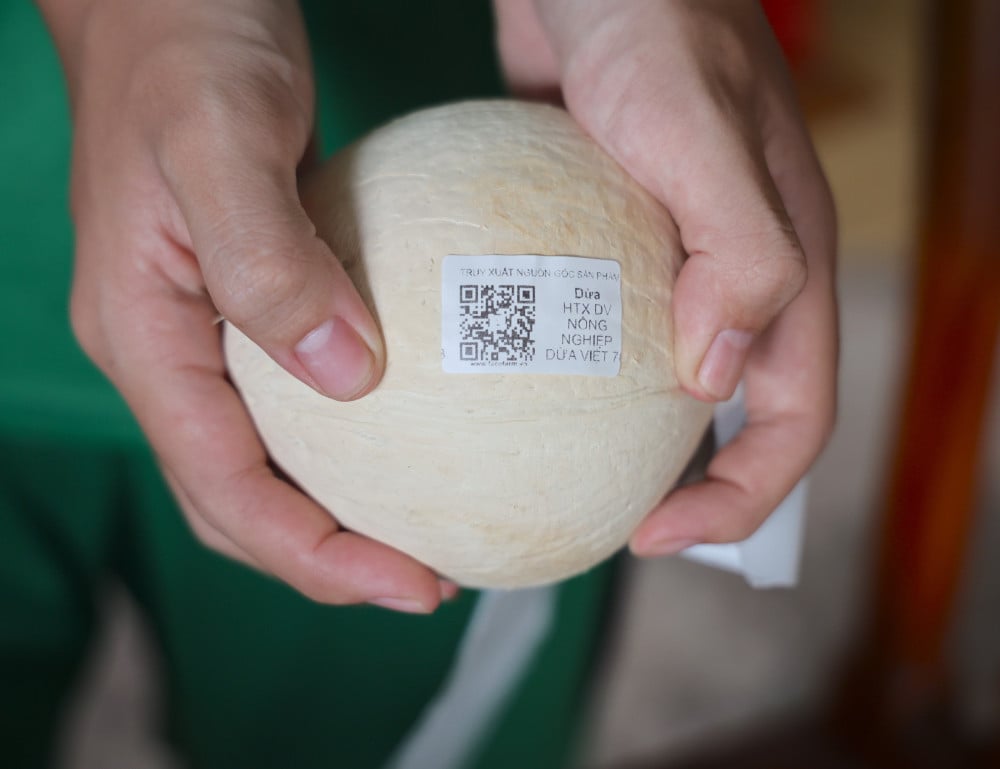
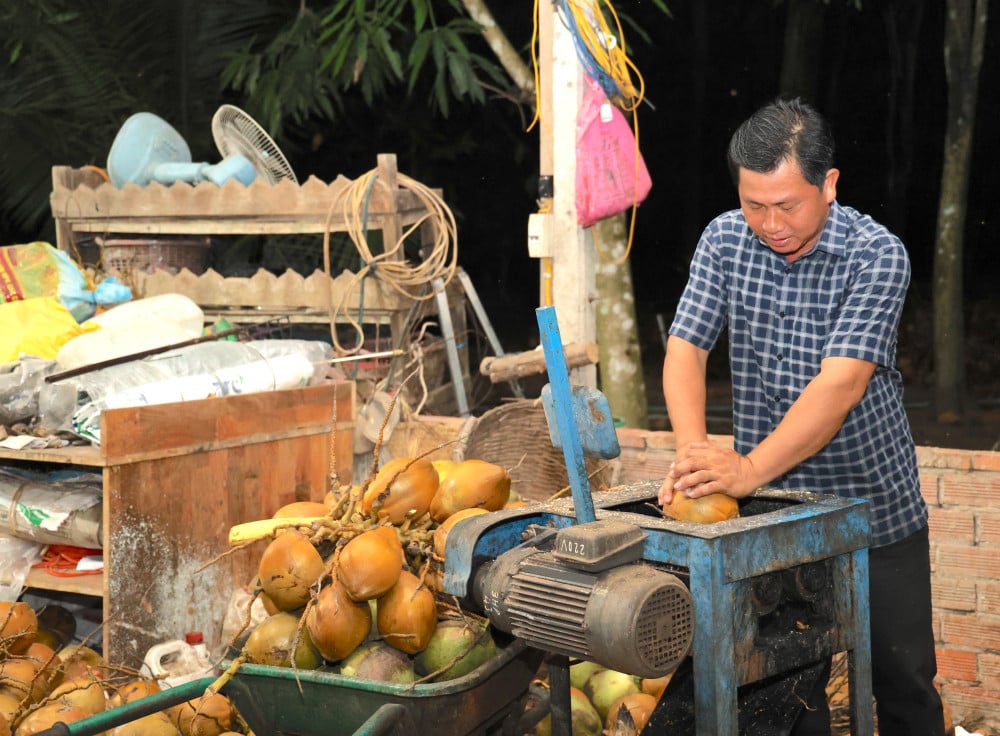
![[Photo] National Assembly Chairman Tran Thanh Man received a delegation of the Social Democratic Party of Germany](https://vphoto.vietnam.vn/thumb/1200x675/vietnam/resource/IMAGE/2025/10/28/1761652150406_ndo_br_cover-3345-jpg.webp)
![[Photo] Flooding on the right side of the gate, entrance to Hue Citadel](https://vphoto.vietnam.vn/thumb/1200x675/vietnam/resource/IMAGE/2025/10/28/1761660788143_ndo_br_gen-h-z7165069467254-74c71c36d0cb396744b678cec80552f0-2-jpg.webp)
![[Photo] Prime Minister Pham Minh Chinh chaired a meeting to discuss solutions to overcome the consequences of floods in the central provinces.](https://vphoto.vietnam.vn/thumb/1200x675/vietnam/resource/IMAGE/2025/10/29/1761716305524_dsc-7735-jpg.webp)



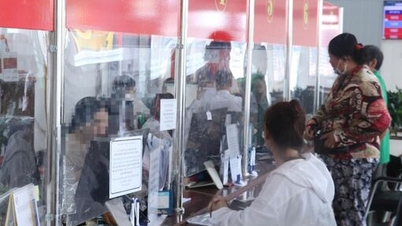




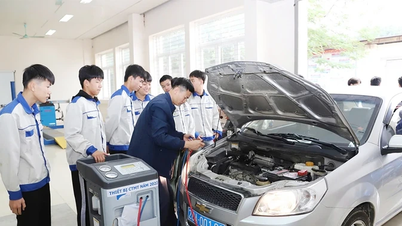

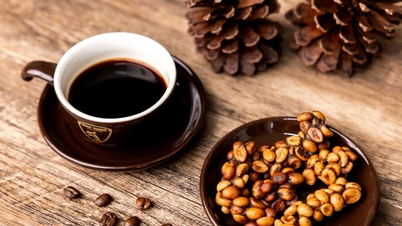



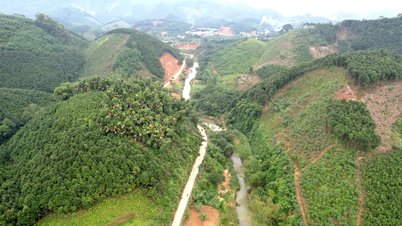















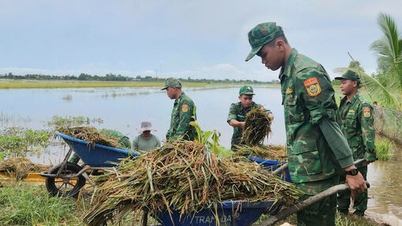
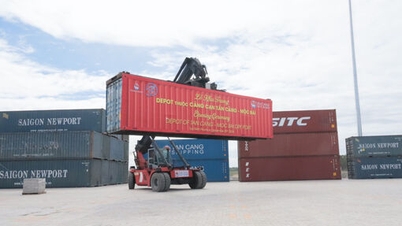

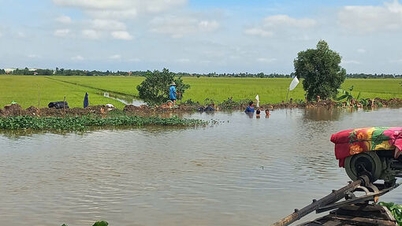
![[Photo] Draft documents of the 14th Party Congress reach people at the Commune Cultural Post Offices](https://vphoto.vietnam.vn/thumb/1200x675/vietnam/resource/IMAGE/2025/10/28/1761642182616_du-thao-tai-tinh-hung-yen-4070-5235-jpg.webp)
















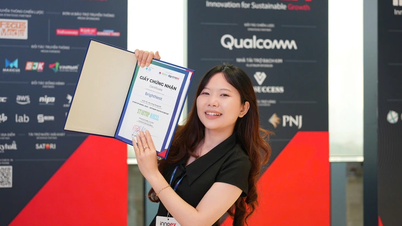







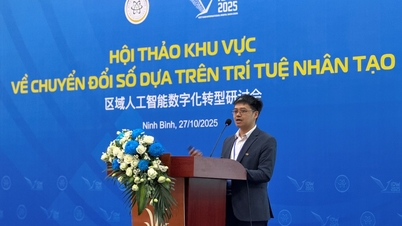

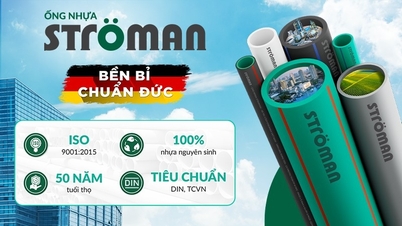
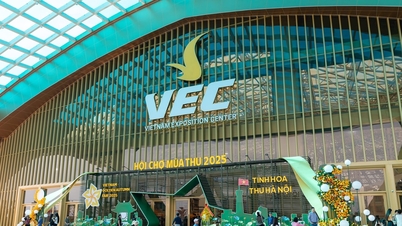











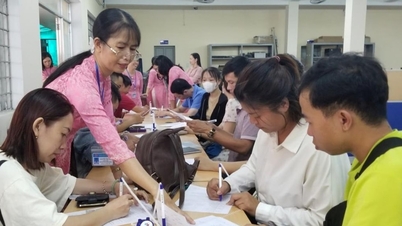
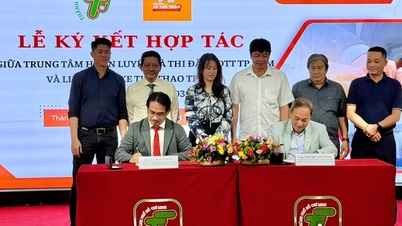

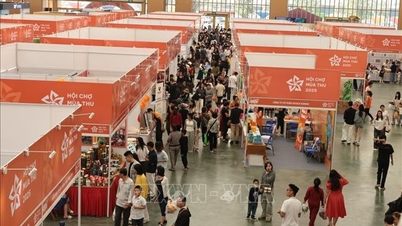





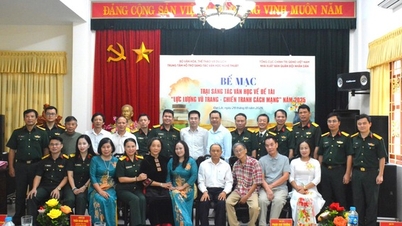




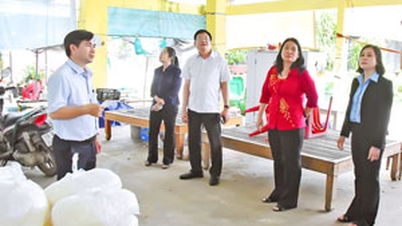


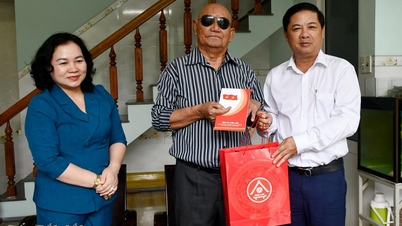













Comment (0)